How To Sabotage Productivity
Looking to sabotage productivity and fast-track yourself to inefficiency? It’s fairly simple to do so; many of us manage it without even trying. But a little intentionally makes the process even easier and faster.
So let’s take a look at 8 things you can do to derail your progress and ensure you never reach those goals.
1. Focus on the little, insignificant details.
Every minute detail counts when you’re trying to sabotage productivity. Ignore the big picture or the overall outcome you need to produce, and instead dedicate huge chunks of time to the small things.
Here are some ideas of little details you can spend the majority of your time on instead of actually progressing towards your goals:
- Fine-tuning the aesthetics of your productivity system or workspace
- Tweaking your project as many times as it takes to arrive at absolute perfection
- Planning out how you’ll celebrate if you reach your goals
Pro tip: you could extend the time even more by making lists similar to this one!
Avoid: Choosing progress over perfection.
If you’re trying to sabotage productivity, the last thing you want is to be productive and make progress. So as you focus on the little details, make sure you avoid completing tasks that will move you forward. If you just get something done instead of taking your time making it perfect, you’re likely to make significant overall progress — and you risk getting better at your craft, decreasing the amount of time each task requires in the first place.
2. Insist on perfection from the start.

A surefire way to sabotage productivity right away is to get yourself stuck on Step 1 of your project. So don’t let yourself move on from any stage of the process until you’ve gotten that section completely perfect. Go back and edit later? Don’t even think about it.
Perfectionism is the fuel of writer’s block. So put it to work and put a quick stop to productivity before you even get started.
Avoid: Creating rough drafts.
When you give yourself permission to start with an awful first draft, you remove so many barriers to productivity. Especially when it comes to writing, the real magic is in the editing — and that means creating multiple drafts results in a final product that is far better than it would have been had you gotten stuck making every sentence perfect as you put it on the page.
3. Give yourself no breaks.
Many people think that working nonstop until you collapse is the way to be ultra-productive, but don’t let them fool you. This will actually lead to burnout and fatigue, which decrease the quality of your work as well as your ability to complete it. So keep yourself as busy as physically possible, and you should find your productivity declining steadily.
Bonus points if you combine this trick with the first item on this list by keeping yourself busy with little details that won’t affect much in the grand scheme of your goals.
Avoid: Taking strategic breaks that refresh your physical, mental, and emotional energy.
If you must take breaks, make sure they either 1) use up just as much energy as your work, keeping you fatigued and demotivated, or 2) use up all your time so you don’t get any work done.
4. Multitask as much as possible.

Another great way to sabotage productivity is simply to pile your proverbial plate high with tasks that must all be completed at once. And try to work on all of them at once, too. Keep yourself in a constant state of switching gears and never getting any one project completely finished.
For extra chaos, resist the temptation to create systems or automations for your workflow. Make the process of getting any one task done as complicated as possible, and then pile those complicated processes on top of each other.
Avoid: Prioritizing one thing at a time.
The last thing you want to do is identify priorities. Priorities make it easier to finish one project and move on to the next instead of getting mired in all of them at once. You don’t want that. Focusing one only one thing also saves time, because you limit how often you need to refocus and get into the zone of working on each individual task.
5. Start right in without a plan.
Find it too difficult to avoid setting priorities? Skip any and all planning stages and just jump right in. Chances are you’ll get yourself lost and unsure of what needs to happen first, and you might even forget important steps along the way.
When it comes to setting those goals (that you don’t want to achieve), make sure they are as vague as possible, and that they encompass a wide range of time far into the future. This will give you an excuse to put off thinking about them.
Avoid: Setting concrete, short-term goals and making time for regular review.
You can’t “be productive” if you have no way to measure your productivity! So don’t set yourself concrete goals with actionable steps you can schedule for each month, week, and day. And definitely don’t come back to those goals to review your progress and determine whether you need to stay on your current course or adjust your expectations.
6. Start by writing out a long, detailed to-do list.
If you must make a plan for the day, make sure it’s as detailed and in-depth as possible. Try to spend extra time making your list, and place plenty of emotional weight on completing every item on it by the end of the day. With any luck, just looking at all of those tasks written out will overwhelm you and keep you from even starting.
Repeatedly holding yourself to to-do lists that are too long will sabotage productivity by making you feel discouraged because you can never seem to get everything done.
Avoid: Identifying the top 2-3 most important tasks.
Even with a long to-do list, identifying a few top-priority items can alleviate overwhelm and ensure you are still making progress towards those pesky overall goals. It can even prevent you from getting completely discouraged and giving up because you’ll be able to celebrate a few small victories even if you don’t finish everything.
7. Save the hardest/most-dreaded task for last.

Put your procrastination to work for you again by saving the task you’re dreading the most for last. This makes it easier to follow some of the above points, because it gives you even more of an excuse to fill your time with unproductive things. It also saves you from feeling that sense of accomplishment that comes from getting a dreaded task out of the way, thus keeping you stuck and miserable all day.
Avoid: Scheduling tasks for when you’re best able to handle them.
Do you do your most effective work in the mornings? Try not to schedule tasks that need your focus the most during that time. Are you usually able to enforce deadlines and focus best in the afternoon? Try making that your housework/errand/nap time instead.
Above all, ignore such advice as “eating the frog” — you want that responsibility hanging over your head for as long as possible, so it will affect your ability to focus on your other tasks, too.
8. Work hard to uphold the expectations of people around you.
Derail your own productivity by focusing on others’ needs and desires. Seize every opportunity to say “yes” to outside requests, and never turn down something you don’t want or have time to do. This communicates to people that you are always available and that your work is less important than theirs, and it also adds responsibilities to your plate, bringing you to the point of overwhelm much faster.
Avoid: Setting & enforcing healthy boundaries.
You’ll never make progress on your own goals if you’re too busy furthering someone else’s. Don’t communicate your mental, physical, or emotional needs; instead, enable others to (knowingly or not) take advantage of your time.
Sabotage Productivity by Taking no action
While all the above methods are useful for sabotaging productivity, the absolute best way is simply to do nothing. After all, even a tiny bit of action is more effective than none, and even small efforts over time can move you closer to your goals. But if you never start, you’re guaranteed never to finish.

